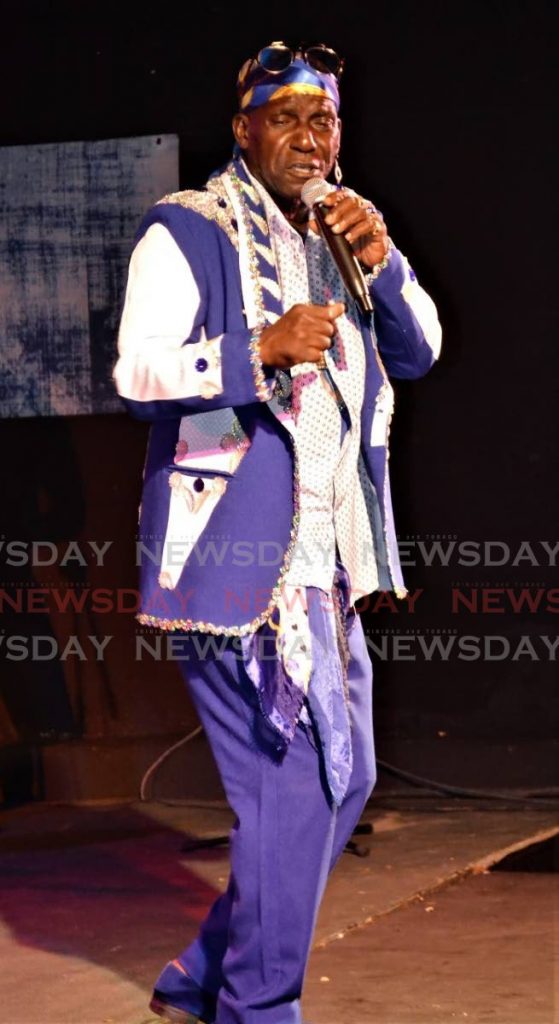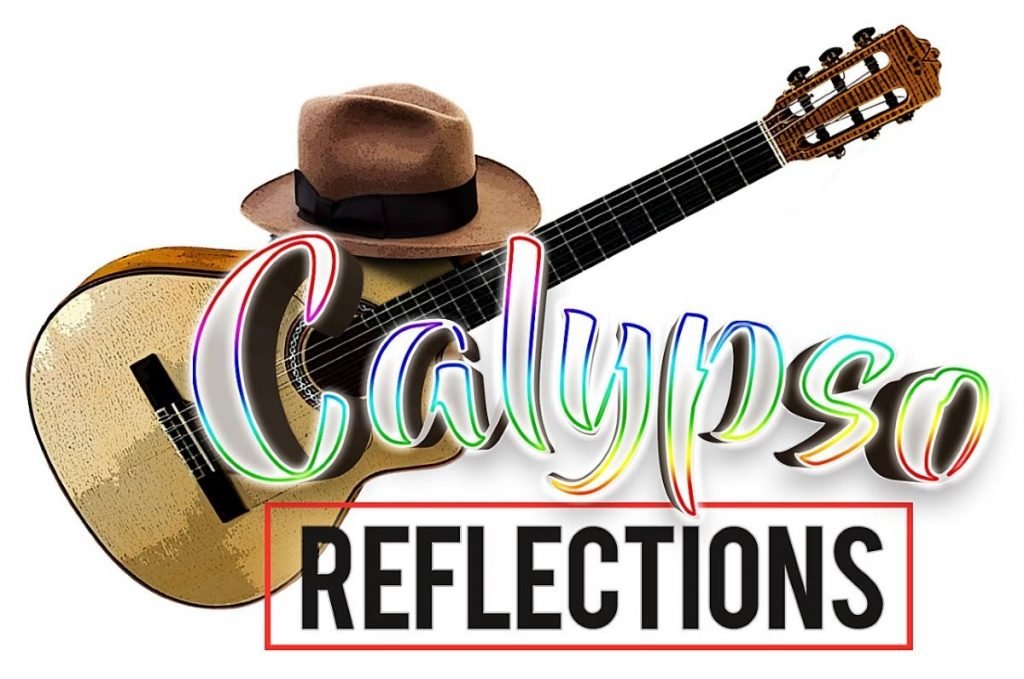Audiences destroy singers

Part 6
IN a Carnival partly defined by virtual calypso shows, it’s difficult to picture just how much of a role audiences have played in the history of calypso. An enthusiastic crowd calling for encores can boost a calypsonian’s popularity, but audiences have also been known to destroy a calypsonian’s season and even damage a calypsonian’s reputation.
“I remember when I was a student going home to Guyana from UWI in Mona, I stopped off in Trinidad in 1968 and went to a calypso tent in the Palladium,” says calypso expert and former UWI English professor Dr Gordon Rohlehr.
“The Mighty Terror (Fitzgerald Henry) came on stage to sing. He announced the title of the song as My Wife is Barren, and the audience wouldn’t let him open his mouth. They booed him off the stage.
"This is an example of how an audience could draw limits and engage in censorship.”
Sometimes an audience seemed to serve as back-up troops in calypso wars.
Back in the 1920s, calypsonians accused Houdini (Frederick Wimoth Hendricks) of stealing other calypsonians' lines to use in his calypsoes.
“There was a trip to New York and Caresser, Atilla and Roaring Lion decided to attack Houdini in song. They said now that he lived in New York, he couldn’t run away from them any more, but they knew even after they returned to Trinidad, he would be stealing their calypsoes.”
Rohlehr says it was quite unusual for three calypsonians at the same time to gang up on another calypsonian, but Houdini seemed to have upset just about every calypsonian.
“Caresser, Atilla and Lion made a record attacking him, presumably on behalf of all Trinidadian-based singers, who accused Houdini of being a foreigner now too.”
Houdini eventually returned home to attend a funeral and decided to perform in Belmont. The audience knew about the accusations against Houdini from performances in the calypso tent and the records.
“The audience waited for Houdini in that show and pelted mango seeds and orange peels at him,” says Rohlehr.
Fifty years later, audiences could still control a show. In 1996 Sonny Mann won the Soca Chutney competition and decided to enter the Soca Monarch competition with his winning song, Lotay La.
“The song was said to have been written before that Carnival season, which made it ineligible for the Soca Monarch competition,” says Rohlehr.
Newspaper reports show that Sonny Mann had been disqualified at the semifinal stage of the Soca Monarch competition. He took the decision to court and performed in the final.
“The audience did not take kindly to Sonny Mann breaking the rule that says calypsoes must be sung in the same year they are composed,” says Rohlehr. “People pelted him with corn cobs and whatever they had to pelt. His performance was being promoted as an iconic moment in soca vs chutney music, and he appeared just before SuperBlue. He wept on his way off stage.”
In that same year, 1996, Brother Marvin (Selwyn Demming) sang Jahaji Bhai (Brotherhood of the Boat), which celebrated the African and Indian heritage of TT. He placed second in the National Calypso Monarch competition.
Cro Cro (Weston Rawlins) and other calypsonians attacked Brother Marvin, and they had support from the audience for their attacks.
“Many people were saying Marvin couldn’t divide the people of this country into 50 per cent Indian and 50 per cent African. They said you have other races and mixed people, and the mixed people were saying we are more Trinidadian than any of you, and you aren’t paying any attention to us,” says Rohlehr.
“Marvin, poor fellow, fell into that controversy. He was one of our better composers. In the end Marvin migrated, I believe to the US. We lost a wonderful composer. Everything was now left in the hands of Gregory Ballantyne (GB) and Winsford “Joker” DeVignes,” says Rohlehr.
Audiences often divide themselves along political lines. When Sugar Aloes Michael (Anthony Osouna) decided to sing at an event with former UNC prime minister Kamla Persad-Bissessar, his loyal People’s National Movement (PNM) fan base turned on him.
“He fell out of grace with his normal audience and got booed,” says Rohlehr. “He kept getting booed for a while after that.”
Meanwhile, Cro Cro garnered the audience’s approval for his calypsoes attacking Sugar Aloes.
Calypso has a long and colourful history of the audience destroying singers on stage. They can make or break a calypsonian.


Comments
"Audiences destroy singers"